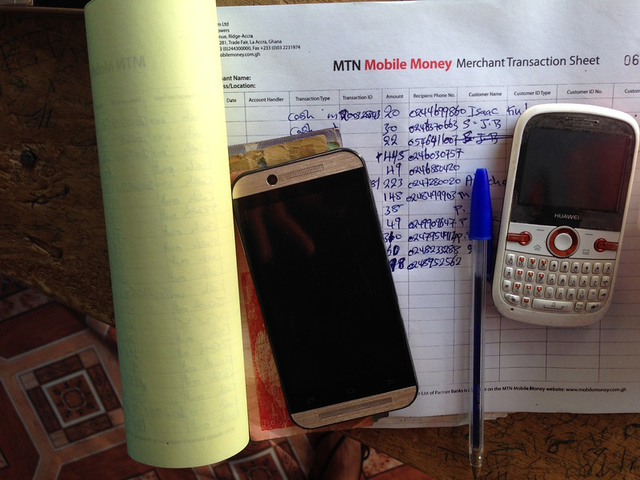
Mobile money is a digital financial service that allows individuals to use their mobile phones to store, send, and receive money. It can play an important role in improving international development programs in Low and Middle-Income Countries (LMICs).
Six Mobile Money Benefits in Development
- Financial Inclusion: Mobile money can help to increase financial inclusion by providing access to financial services for people who are excluded from the traditional banking system. This can help to reduce poverty and improve the standard of living for people in LMICs.
- Improved access to finance: Mobile money can provide a convenient and accessible way for people to store, send, and receive money, even in remote or underserved areas. This can help to improve access to finance for those who need it most, and can increase economic opportunity and growth.
- Increased efficiency: Mobile money can increase the efficiency of financial transactions by reducing the time and cost associated with traditional banking systems. This can make it easier for international development programs to send funds to the countries and organizations that need them.
- Improved data management: Mobile money can provide valuable data on financial transactions and behavior, which can be used to inform decision-making and improve development programs.
- Enhanced security: Mobile money can provide a secure way of storing and transferring funds, reducing the risk of fraud and corruption in the development sector.
- Increased transparency: Mobile money can provide a transparent way of tracking the flow of funds, increasing accountability and reducing the risk of fraud and corruption.
Mobile money can play a significant role in improving international development programs in LMICs. By increasing financial inclusion, improving access to finance, and enhancing efficiency and security, mobile money can help to reduce poverty, promote economic growth, and create a more equitable society.
Digitizing Payments One Cabinet at a Time
Recently, the Liberian Cabinet approved the use of mobile money to pay teachers in rural areas. This is a huge step in the right direction for Liberia. But why...
New USAID Handbook: How to Implement Electronic Payments in Development Programs
Have you read the USAID Procurement Executive Bulletin NO. 2014-06 that promotes the use of electronic payments at the procurement/assistance planning and award...
How Women Benefit from Mobile Money Cash Transfer Programs for Disaster Response
With the Nepal Earthquake response in full swing, humanitarian relief organizations will be using cash as a form of humanitarian assistance, either as an alternative...
New USAID Handbook: Digital Finance for Development
The Digital Financial Services for Development Handbook was developed by USAID and FHI360 for use by USAID personnel to maximize the Agency’s use of and contribution...
New GSMA Report: Mobile Financial Services for the Unbanked
Today, the GSMA Mobile Money for the Unbanked (MMU) programme releases its 2014 State of the Industry Report on mobile financial services. Published annually, the...
KYC: The Secret to Successful Negotiations with Mobile Network Operators
NGOs and social service organizations are increasingly turning to mobile technology as a tool for designing and delivering services to the poor, whether in health,...
Do You Provide Technical Assistance? Then You Just Got Competition: Mobile Money
In reading the GiveDirectly study on cash transfers, Chris Blattman’s analysis, and the background research on both mobile money and cash transfers, I’ve...
7 Considerations for Mobile Money Cash Grants to Change Development
Let us start with the classic (borderline cliché) development proverb: if you give a man a fish, he eats for a day, but if he is taught how to fish, he will...
The Most Influential USAID Paragraph on Mobile Money
Back in December 2011, I organized a Technology Salon on mobile money with Menekse Gencer and Priya Jaisinghani to figure out how we could increase mobile money...
Learn How Mobile Money Cash Grants are the Future of Development
A huge aspect of international development is capacity building – training and supporting people to change their behaviour and improve their skills in ways...









